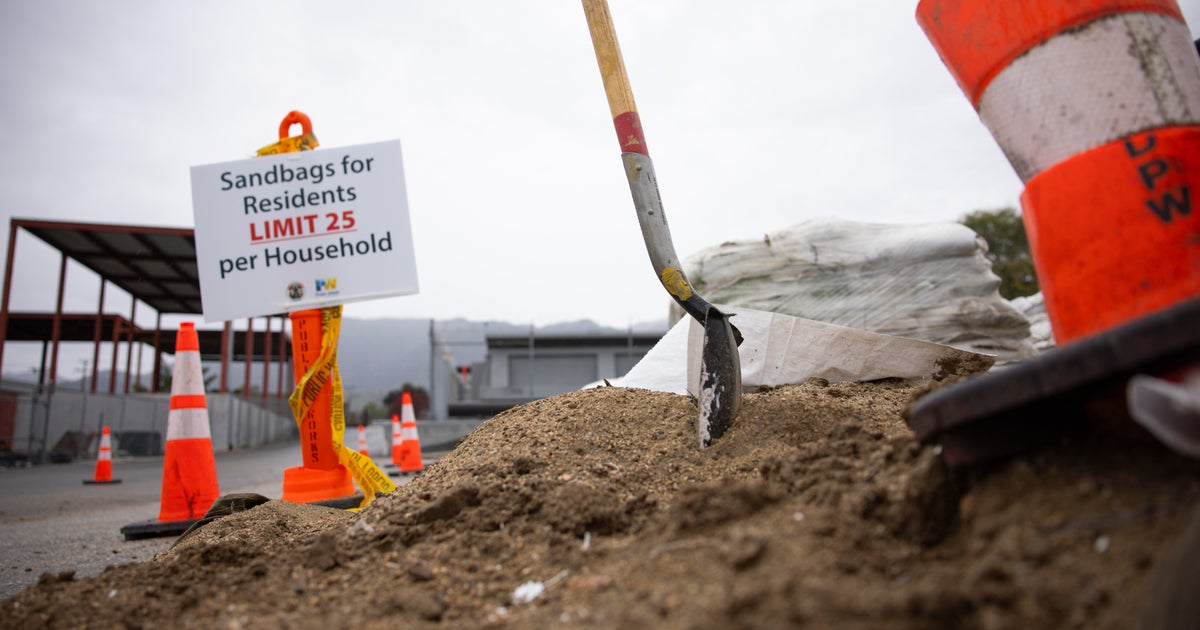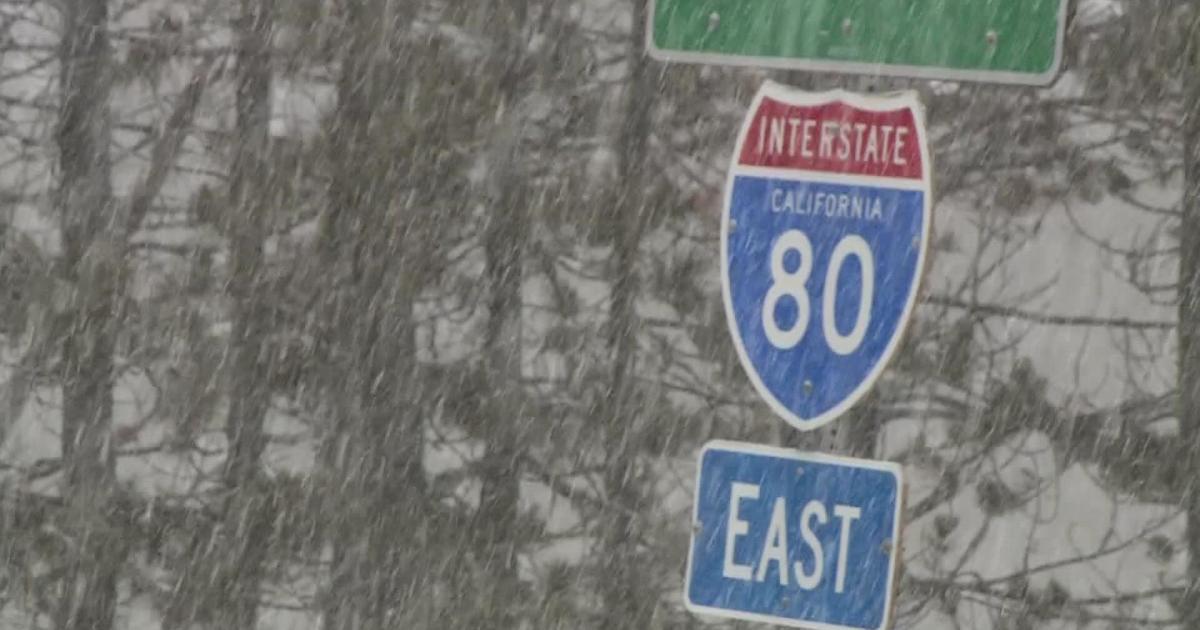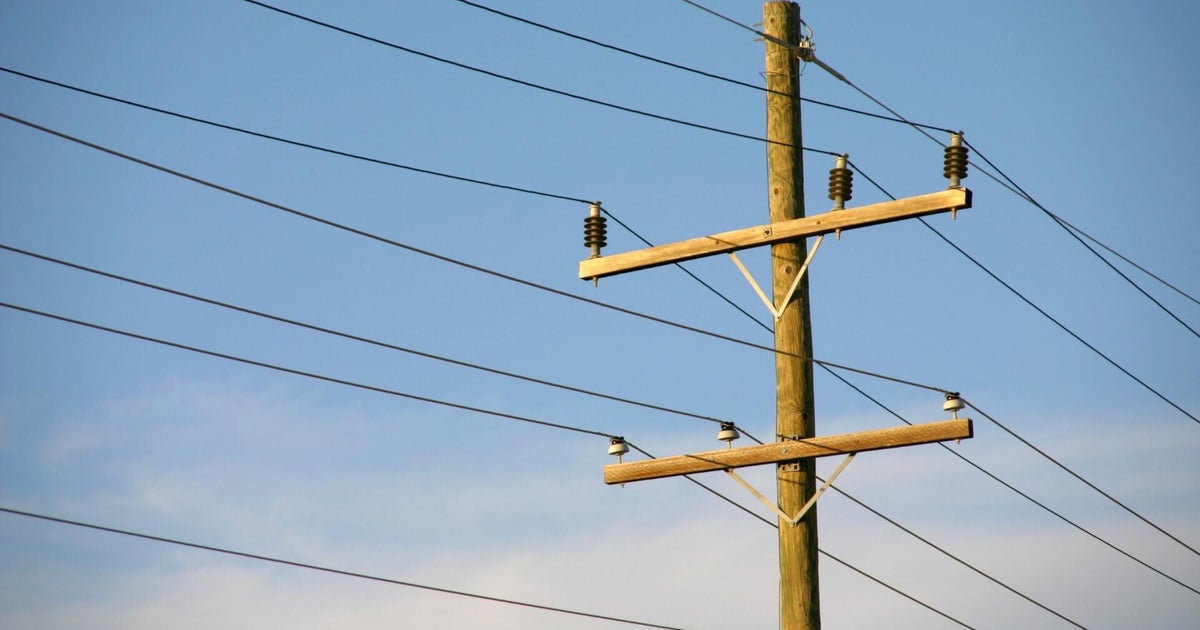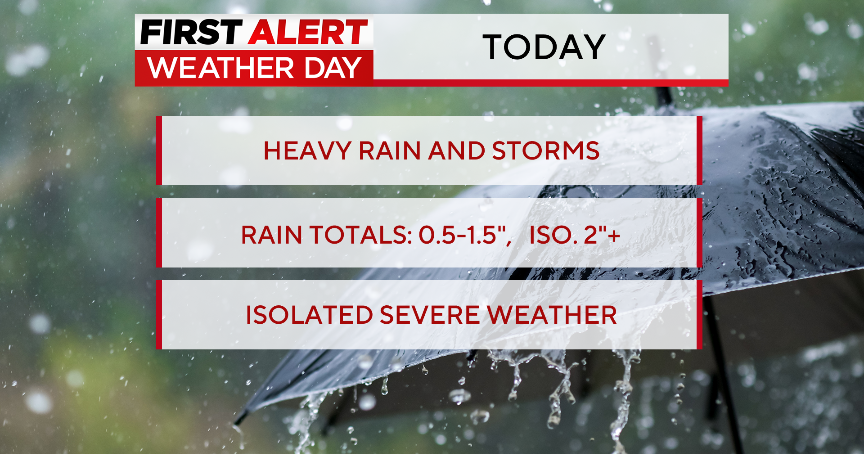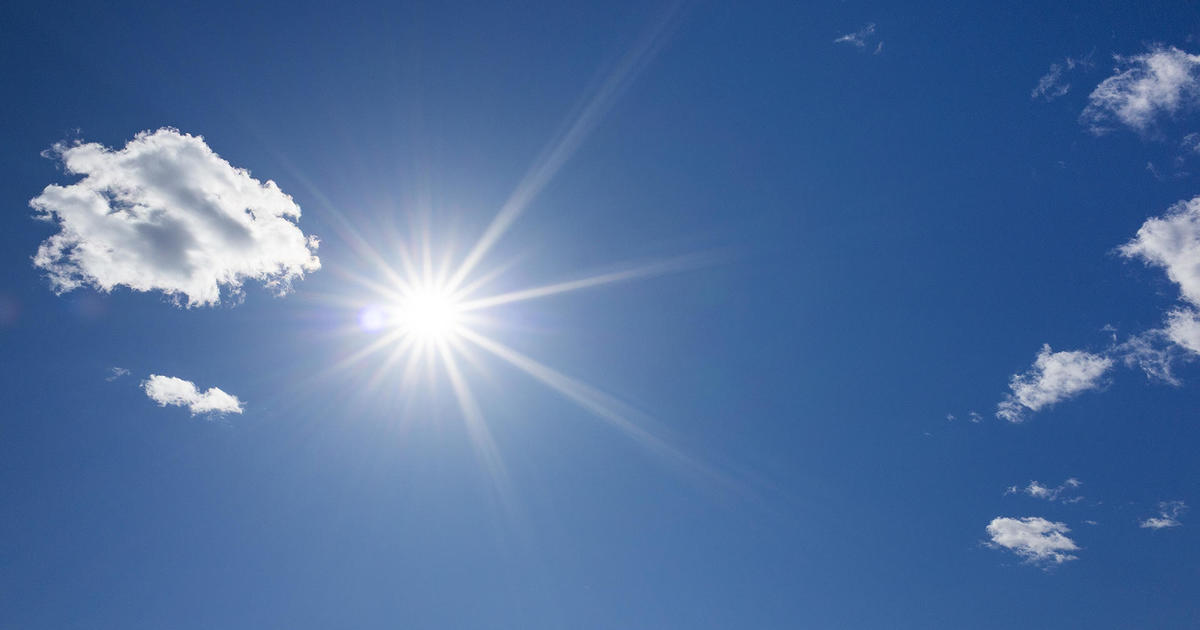Consumers Offers Storm Tips, Online Outage Map
JACKSON -- As Michigan observes Severe Weather Awareness Week, Consumers Energy is reminding customers of its new online outage map and what to do before, during and after summertime storms.
Thunderstorms across Michigan this week are a reminder that summer and severe weather are coming. The Michigan Committee for Severe Weather has declared the week of April 7-13 as Michigan Severe Weather Awareness Week.
In addition to this week's storms, high winds, snow, sleet and freezing rain forecast Wednesday night and into Thursday in northern lower Michigan has Consumers Energy mobilizing personnel and equipment to be ready for possible power outages.
"The online outage map is a significant new tool that helps build on our promise to provide safe, reliable energy to our customers whenever they need it," said Kate Leese Burgers, Consumers Energy's public safety director. "We know with severe spring and summer weather comes the increased chance of power outages. The outage map is a great resource not only for our customers, but for local meteorologists, emergency managers and local government officials."
The outage map can be accessed on desktop computers and mobile devices at www.ConsumersEnergy.com/outagemap. The site allows customers to report an outage, get estimated restoration times for outages and view outages on a detailed map. Customers can also report power outages by calling Consumers Energy at (800) 477-5050.
Before and after a storm hits, Consumers Energy encourages citizens and customers to consider the following tips:
Be Prepared
- Keep enough supplies for 72 hours -- food, water, medication, etc. Remember to have food that doesn't require refrigeration or heating and copies of prescriptions as well as a first aid kit. Don't forget food and water for pets as well.
- Keep flashlights, a portable radio and extra batteries handy. For safety, battery operated lights should be used instead of candles which can cause a fire.
- Install battery-operated carbon monoxide (CO) detectors and smoke alarms.
- Don't use generators in enclosed areas (garages, breezeways) or near other air intakes for risk of CO poisoning.
- When using a generator, make sure it is properly installed by a licensed electrician, for the safety of line workers and other emergency responders who may come near power lines.
- Charge your electronics prior to the storm and switch to a battery saving mode if power is lost. Limit non-essential calls so your devices are available for emergency information or contacting 911.
During a Storm
- Stay at least 25 feet away from all downed wires and always assume they are "live." Call Consumers Energy immediately at (800) 477-5050 or your local law enforcement agency to report downed power lines.
- Stay away from storm debris that might be entangled with power lines.
- Don't touch anything a power line may be touching including trees, fences and puddles. Visit www.ConsumersEnergy.com on your mobile device, which immediately displays helpful outage and storm related information, including the online outage map.
After a Storm
- When safe to leave your home, check on neighbors or family members who may have been affected by the storm; especially those with specific concerns such as the elderly and individuals with infants, limited mobility or other special needs.
- Monitor your local radio station or Consumers Energy's online outage map, www.ConsumersEnergy.com/outagemap on your mobile device to get the most current power restoration information.
For more information on the Michigan Committee for Severe Weather, a coalition of public and private organizations, go to www.mcswa.com.
Consumers Energy, the principal subsidiary of CMS Energy (NYSE: CMS), provides natural gas and electricity to 6.8 million of Michigan's 10 million residents in all 68 Lower Peninsula counties.
